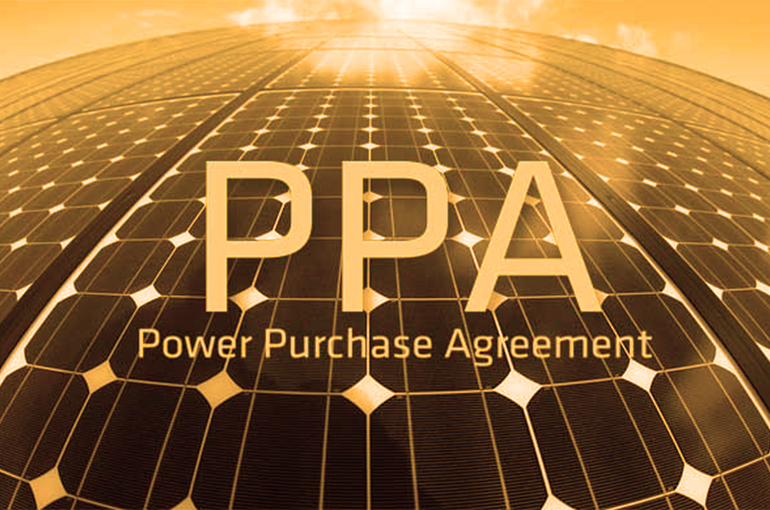|
Whenever I see a big spike in an electric bill in the winter time I know the culprit is most likely a space heater. I have this conversation with a lot of my customers who are of the belief that heating with a space heater is more efficient because it's more targeted. There is some truth to that, but there's a couple other important considerations in addition to that such as the cost per therm (natural gas) and the cost per kWh of electricity.
To make a long story short, heating with electricity versus heating with gas is far more expensive. The University of Maine did an interesting study where in they determined the cost to generate a million BTUs with different kinds of fuel, at a wide range of prices and using differing heating element that. When heating with a gas furnace operating with a 75% efficiency rating and the cost per therm is $1.50 (which is on the high end for California) they found it costed $18 to generate a million BTUs When heating with electricity even with a unit that is 100% efficient, and at $0.20 per kWh they found it costed $58 to generate a million BTUs. The cost of electricity in California can range from $.18 to $0.45 per kWh and average around $0.25/kWh. Heating with electricity costs more than twice as much as gas to generate a million BTUs. What about heating with solar generated electricity? Solar electricity when financed with $0 down is around $0.15/kWh give or take 5 cents depending on the roof, shade, system size and type of financing. That means even if your running a space heater on solar, it will still cost more than heating with gas. The only variable we haven't addressed yet is the amount of space that's being heated. If you are heating 300 square feet with a space heater and not heating an entire 3,000 square foot house, in that case if will costs less to heat with a space heater. And in that case you better have solar! Seriously though, if you're still paying the full price of your utility's power it's time to reconsider solar. If you're with SCE, SDG&E or PG&E, you're likely paying an average of $0.25 - $0.35/kWh. $0 down solar runs around half that cost of utility on a monthly basis. Find out how much you can save and book a call today with an energy expert.
1 Comment
A Power Purchase Agreement or PPA is a financing arrangement that was created solely for the solar industry and is one of the most common ways solar is financed. In a PPA the home owner or business owners agrees to buy all the power that their solar panels produce. There's no material or labor cost. No maintenance cost. The customer simply pays for the power. The solar company owns the system and therefor is completely responsible for any upkeep of the system and ensuring a guaranteed level of production. The biggest benefit of a PPA versus staying with the utility is that with a solar PPA the homeowner can usually get a price for their power that's substantially less than what they pay their utility. In addition to that they also have the option to get a fixed price for their solar power that will never increase. The benefits of a Power Purchase Agreement (PPA) versus a solar loan are that the solar system is insured and the power output is guaranteed. While all systems come with 25 year warrantees on panels, there can sometimes be a gap in coverage for instance if there is damage from a natural disaster such as an earthquake or if you have a 25 year manufacturer warranty, but only have a 10 year labor warranty. Additionally the Power Purchase Agreement is usually transferred from one homeowner to the next when a house is sold. This reduces the risk the homeowner may bare of having to pay off a loan when they sell their home. Power Purchase Agreements are most attractive to the following set of people.
What is the difference between a PPA and a lease? There's one technical difference and one very concrete difference. The technical difference is that with a lease you're paying for the equipment whereas with a PPA you're paying for the power. The biggest difference in how it affects you, the buyer is that with a PPA you have the option to purchase the system whereas with a lease you do not. For that reason I recommend a PPA over a lease. Whether you finance your solar with a loan a lease or a PPA, the most important thing is to understand your options and make sure you're making the decision that best suites your needs. Speak with an IndieSolar expert today to find out what makes the most amount of sense for you. |
AuthorMatthew's been selling and designing residential solar since 2009. Archives
April 2021
Categories |
Indie Solar Consulting


 RSS Feed
RSS Feed
